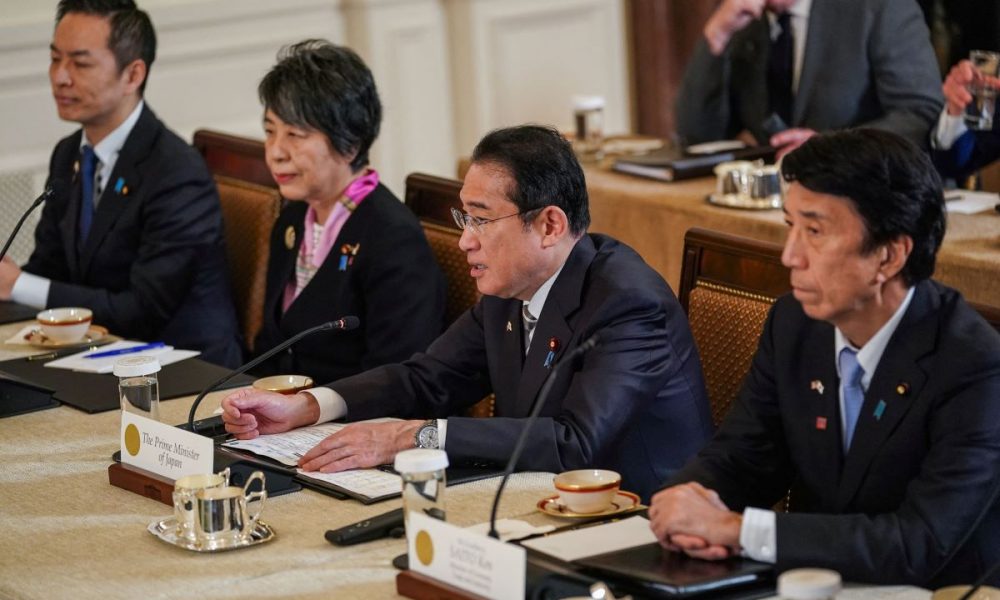


The state visit saw key developments in Japan-US space coordination, including an agreement for a Japanese astronaut to join one of NASA's lunar missions.
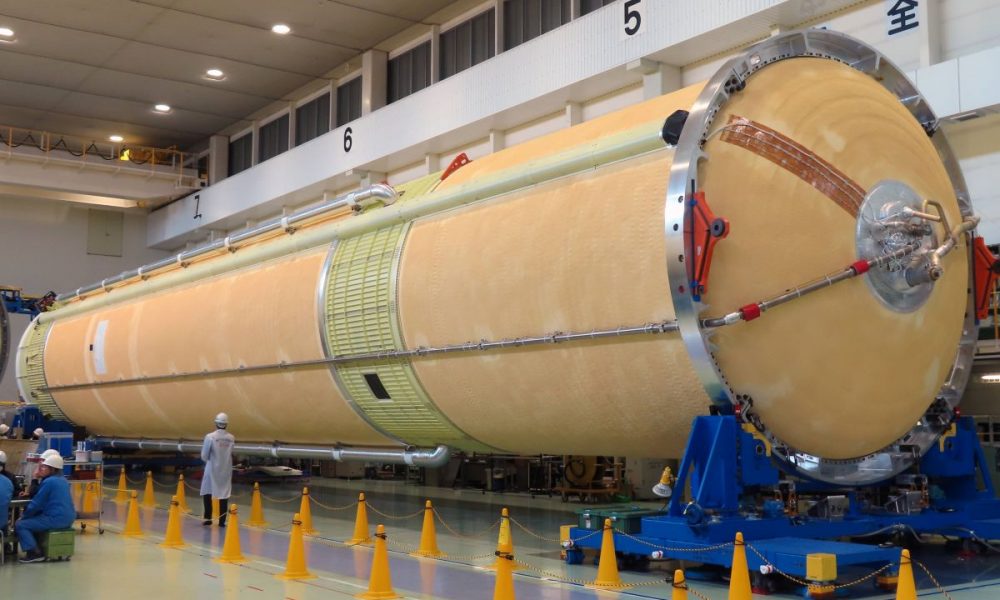
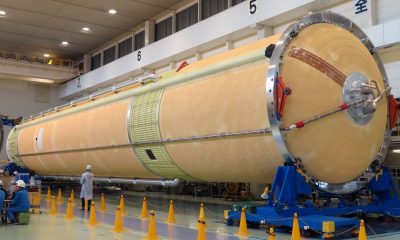

With the February launch ending the H3 rocket's test phase, the new rocket will likely carry the satellite DAICHI-4 for observation of disaster-hit areas.
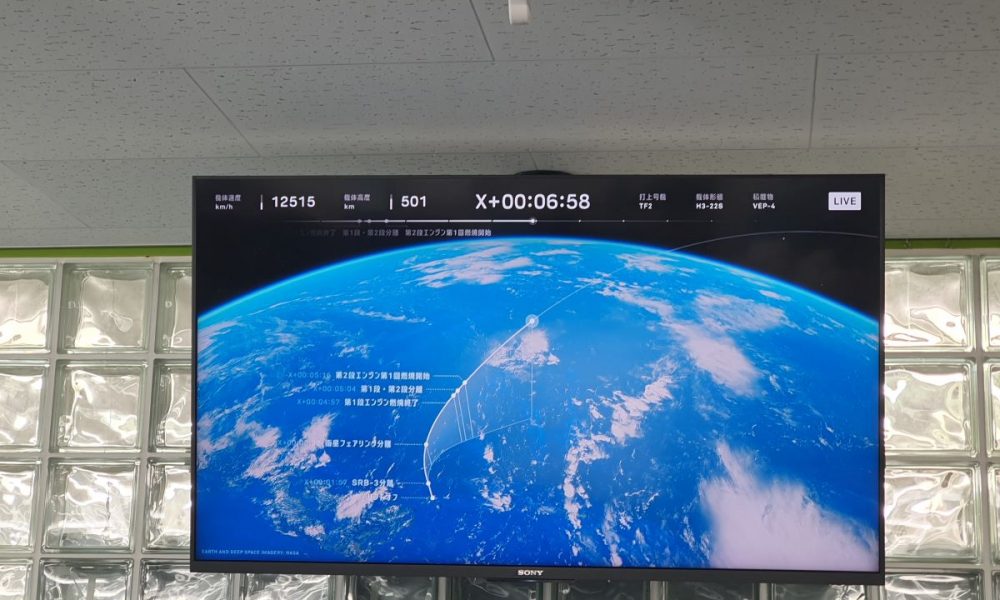
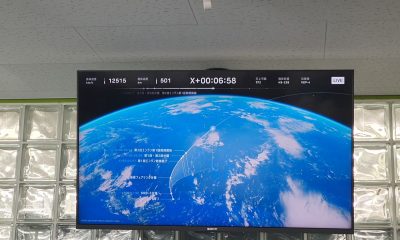

No helicopters, no military uniforms, no macho mood, and a staff canteen that serves lunch to everyone who is hungry ー only at the Japanese space...
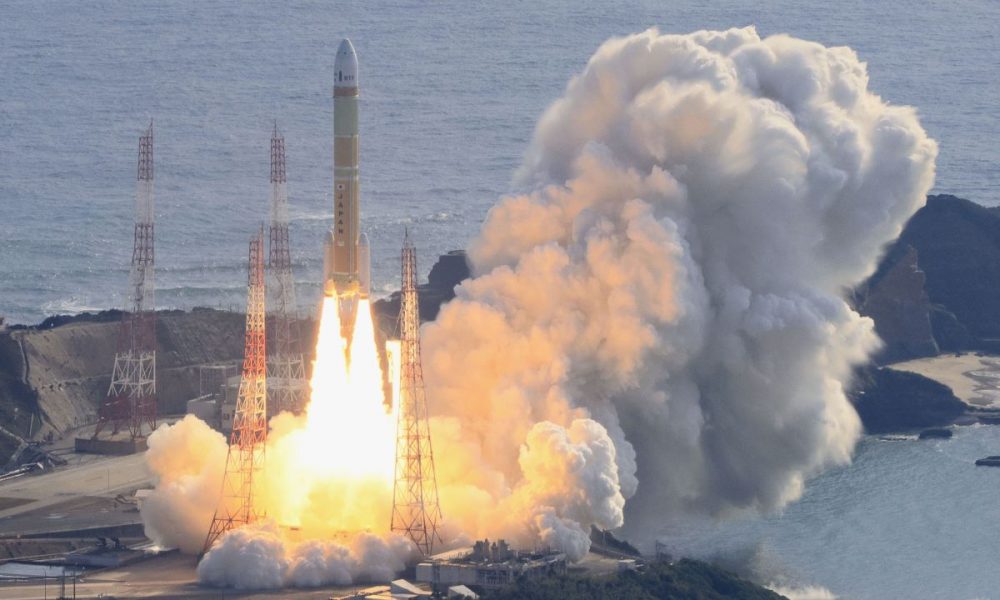
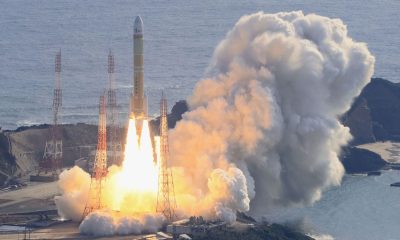

After early hiccups, Japan has successfully launched its next-generation H3 rocket, and the mood at the Japan Space Exploration Agency could hardly be better.
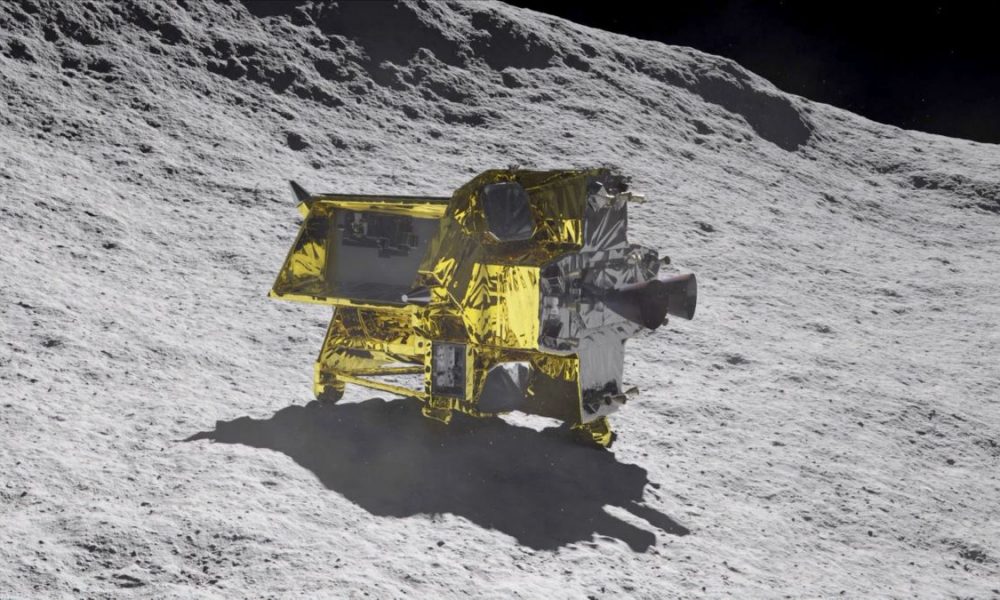
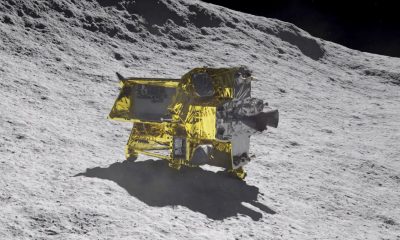

SLIM's technology expands the possibilities for lunar exploration by unmanned vehicles. It opens the way for Japan to become a key player in space development.
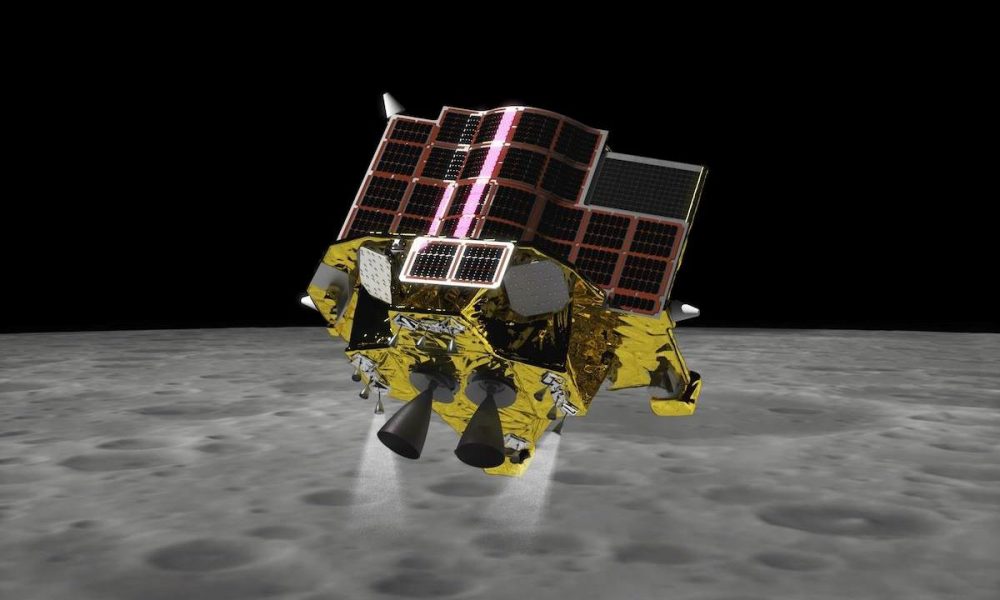
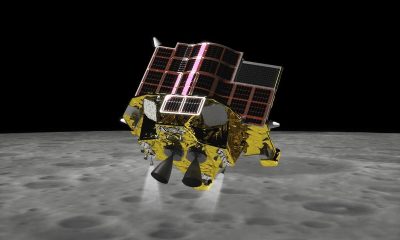

Despite the harsh self-evaluation, JAXA managed to land its spacecraft on the moon's surface within 100 meters of its target area.



Attendees at a space conference enjoyed a salad made of greens cultivated in engineered soil, similar to the sand retrieved from asteroid Ryugu by JAXA.
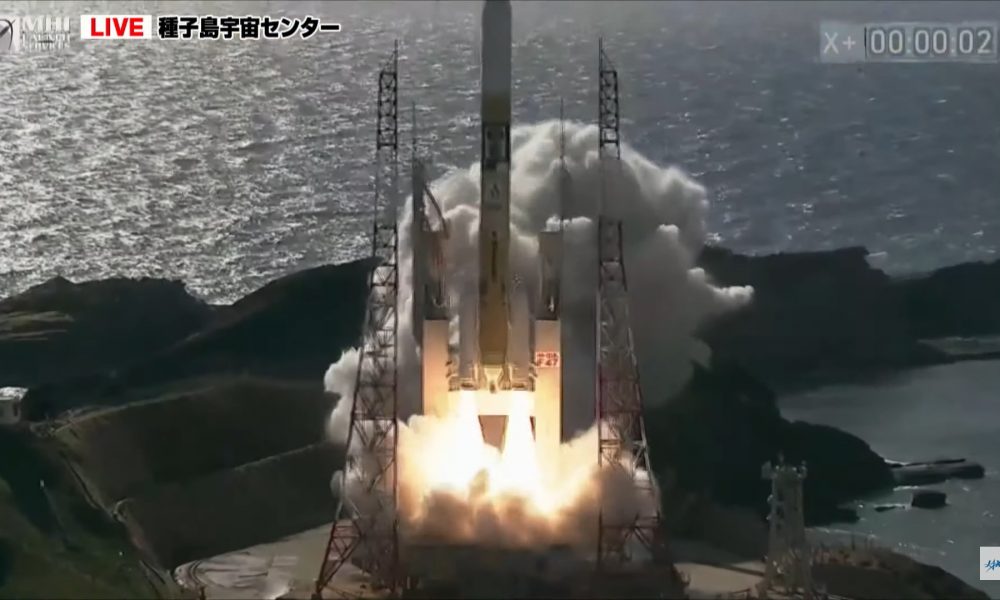
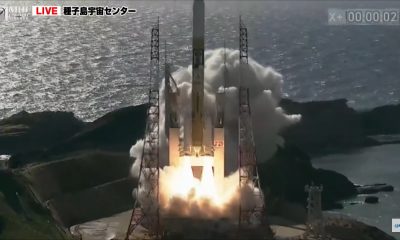

After the successful H2A rocket launch, Japan hopes to achieve a high-precision landing using technology that could also apply to future manned Mars missions.
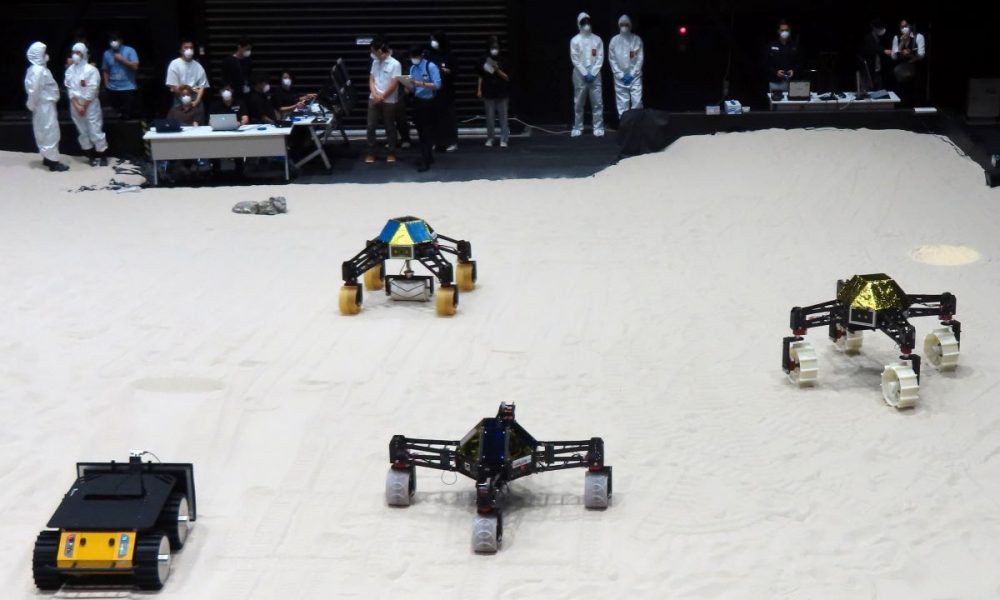
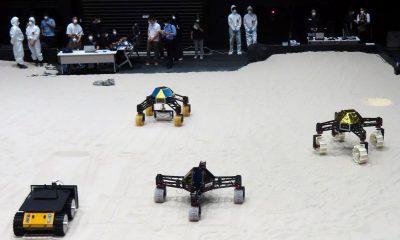

Autonomous robots could play a crucial role in constructing a lunar base, which would be indispensable for sustaining human activity.
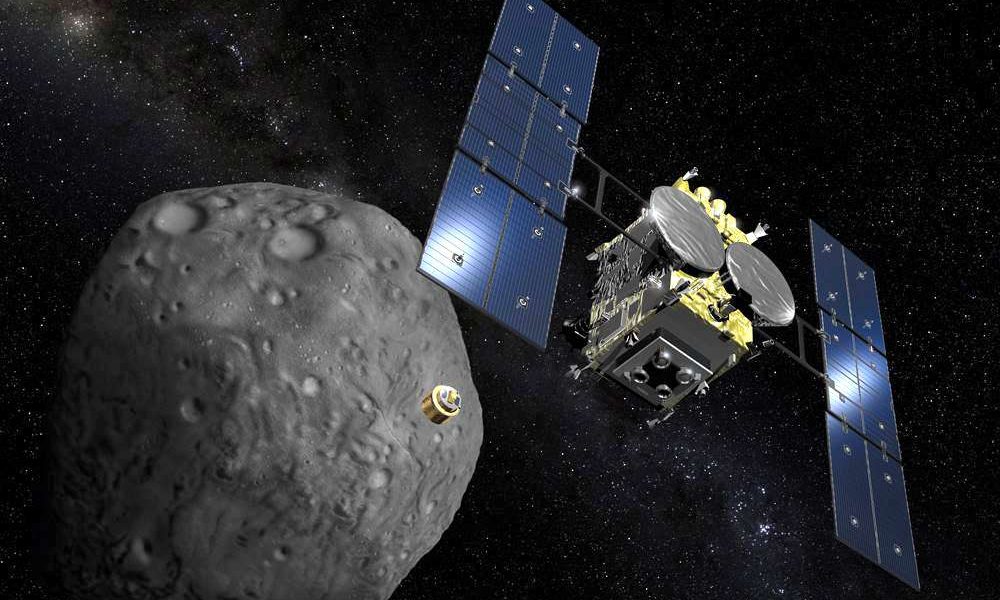
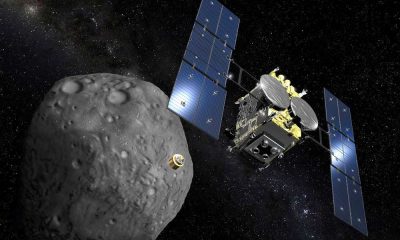

Samples collected from asteroid Ryugu by Hayabusa2 contain RNA base uracil and remnants of liquid water — shedding light on the origins of life.



JAXA should make the recruitment intervals for new astronauts in its manned space exploration program shorter and more regular.
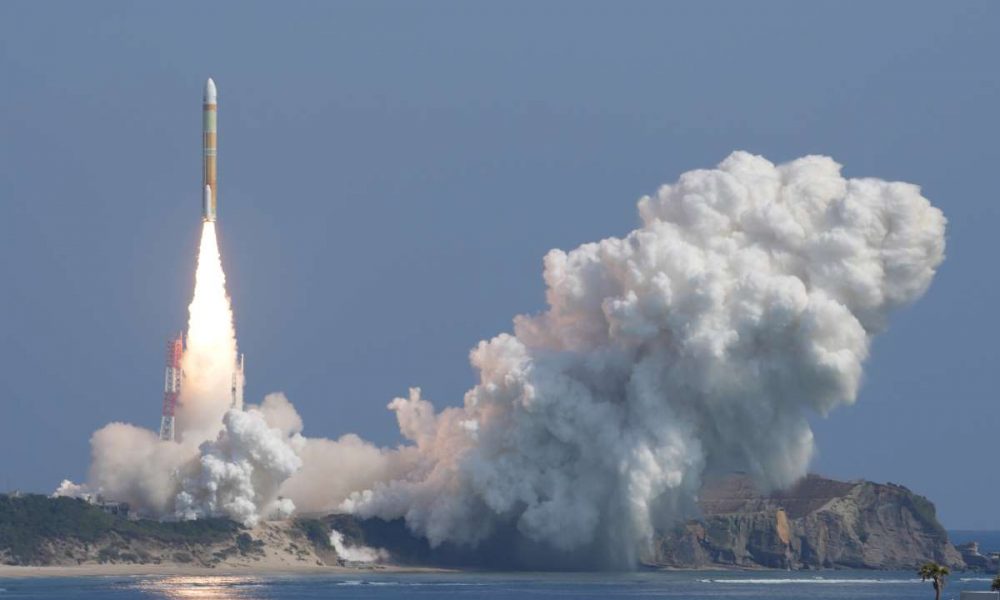
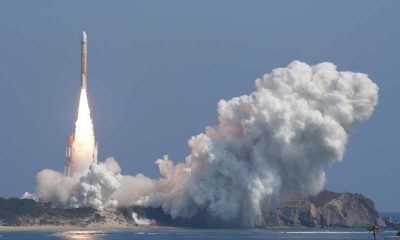

The H3 rocket being developed by JAXA and Mitsubishi Heavy Industries is at the frontier of commercially available space technology.